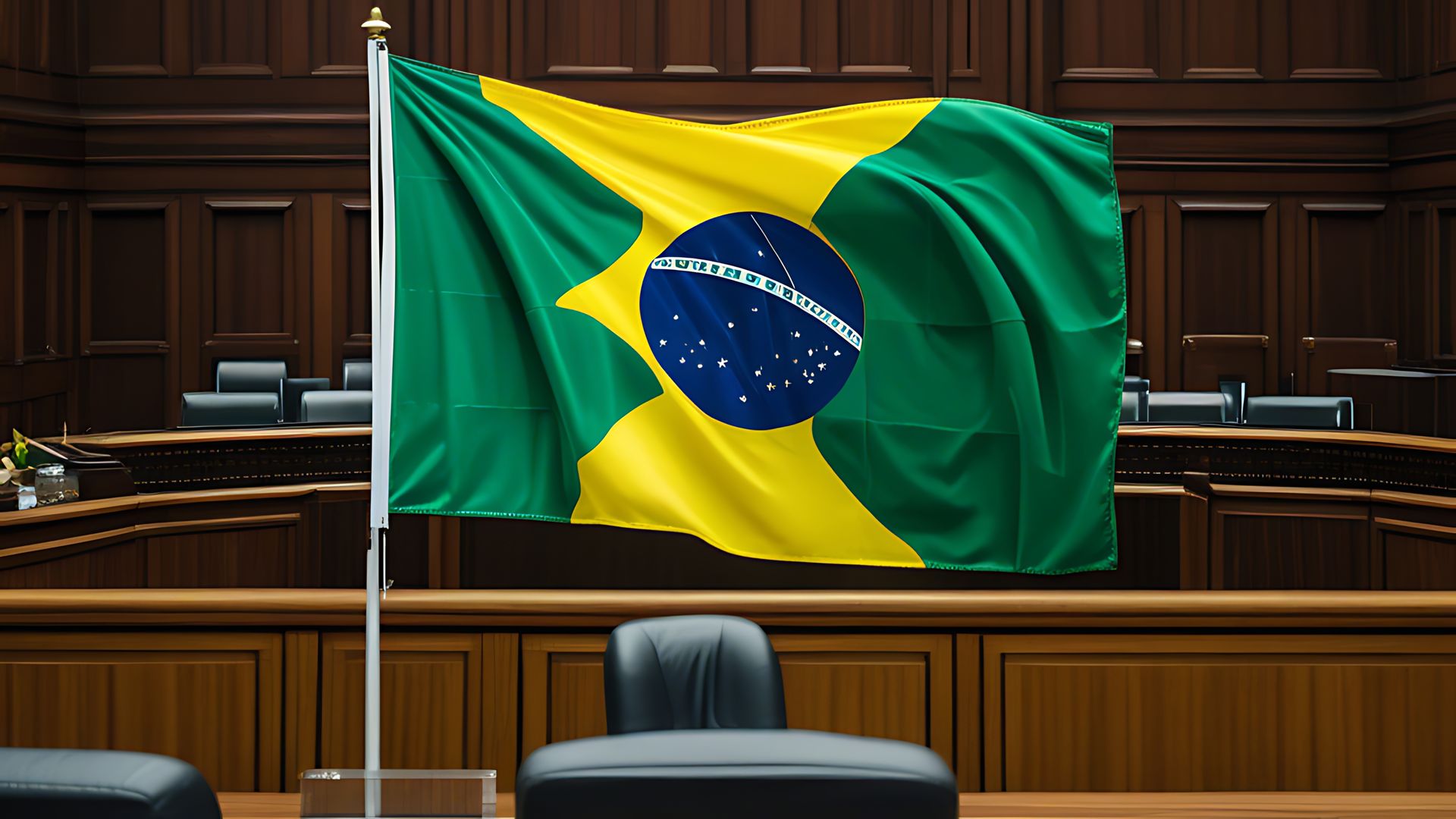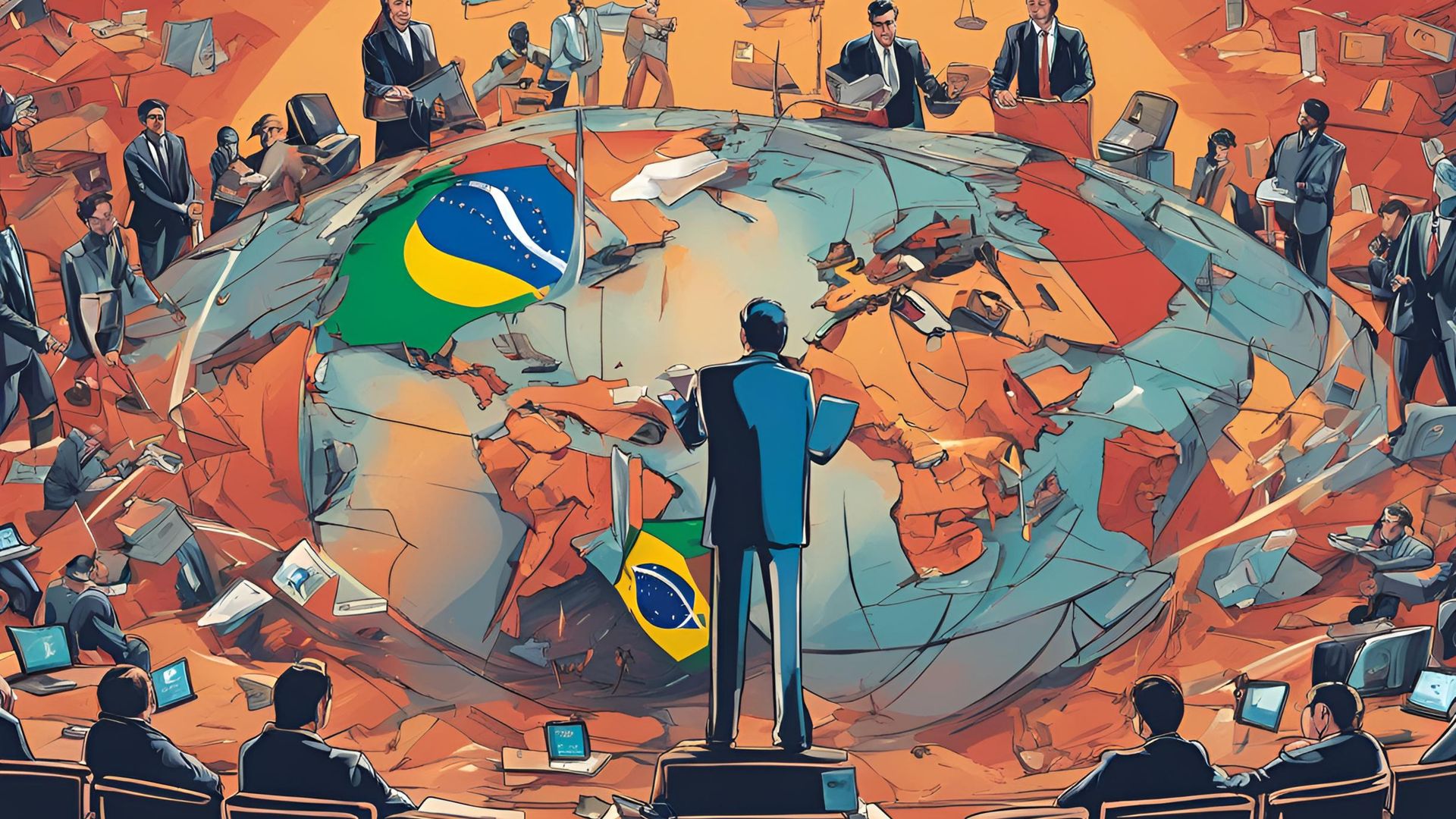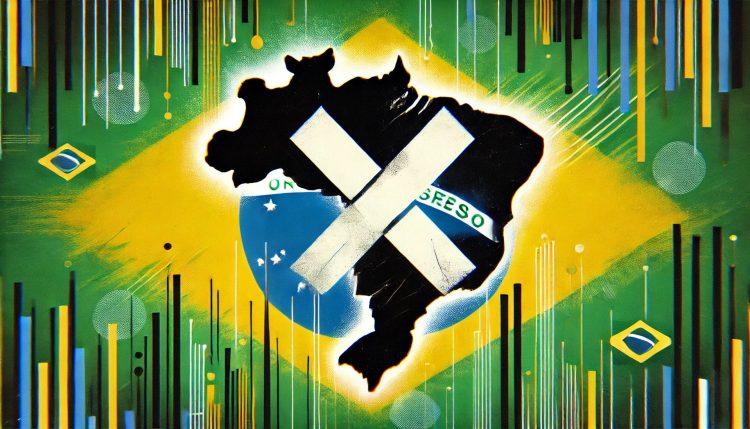Brazil’s legal battle with Elon Musk has intensified. A panel of Supreme Court justices has banned X, the platform formerly known as Twitter.
This is because Musk has repeatedly refused to comply with court orders. This is setting the stage for a significant standoff between the tech billionaire and the Brazilian judiciary.
The Supreme Court backs the X ban
On Monday, a panel of five justices from Brazil’s Supreme Court voted to uphold the ban on Elon Musk. This comes in response to Musk’s defiance of orders to block accounts and appoint a legal representative in Brazil. The decision isn’t final, but the panel’s ruling marks a crucial development in the ongoing conflict.
Justices Cristiano Zanin, Flávio Dino, and Cármen Lúcia supported de Moraes’ ruling, while Luiz Fux expressed concerns about fines on those using VPNs to circumvent the ban. Fux argued that penalties should target those posting criminal content, not all VPN users.

Starlink is against the ban
Starlink, another Musk-owned venture, has refused to comply with the court-ordered ban on its service. This has led to tensions with Brazil’s National Telecommunications Agency (Anatel).
Starlink won’t block access to X, which has sparked a debate over legal limits and private companies’ role in upholding national laws. X is still accessible in Brazil via Starlink, despite legal and financial pressures.
Starlink could have some consequences
Starlink’s actions could have serious consequences. Brazil’s telecom regulator has said that Starlink’s operating license could be revoked if the company continues to ignore the court order. If Starlink does not comply, authorities may seize equipment from its 23 ground stations across the country.
Starlink is vital to many customers in Brazil, including those in remote areas and Indigenous communities. The company has pledged to provide free internet access, but the standoff with the Brazilian judiciary shows no signs of easing.

Brazil’s fight with X continues
Brazil’s Supreme Court is voting on a ban. X can appeal the decision, which could set a precedent for regulating global tech giants.
The ban is still being debated in Brazil and abroad. For background on this legal battle and its implications, see our previous coverage here.
This situation shows how national sovereignty, global tech companies, and digital rights and governance affect each other. The result could affect how other countries deal with similar issues in the digital age.
Featured image credit: Furkan Demirkaya / Dall-E





